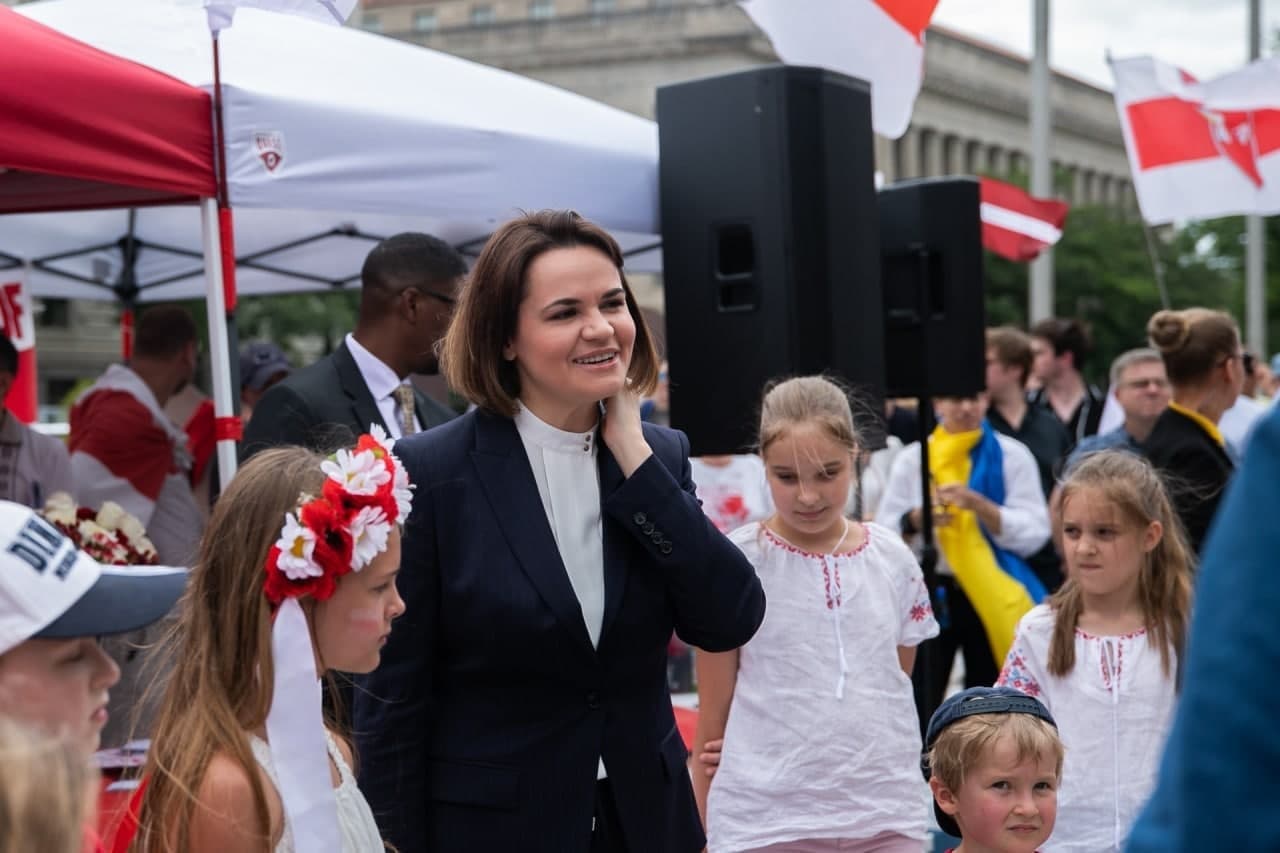Tsikhanouskaya’s administration is solidifying the democratic movement, while volunteers are gaining more influence over the media landscape
 The situation has not changed
The situation has not changed

The political influence of voluntary associations in Ukraine continues to grow. It appears that support for a more assertive approach to changing Lukashenka’s regime is increasing among his opponents. This shift is linked to the severe repression and limitations placed on supporters of political change, including restrictions on their political rights and reduced opportunities for legal activities and elections.
Despite the Ministry of Justice’s deregistration of opposition parties just before the elections, some active party members and their supporters may participate in local council and parliamentary elections as self-nominated candidates by collecting signatures. However, the number of candidates opting for taking part in the elections is expected to be relatively low due to ongoing repression, emigration, absenteeism among change supporters, and a preference for a boycott approach.
Human rights activists, in collaboration with FIDH, successfully conducted a trial in Switzerland against a former military officer accused of involvement in Lukashenka’s “death squads.” The trial received international attention, creating favorable conditions for human rights defenders and democratic forces to further isolate and pressure the regime.
However, the trial of Lukashenka’s former member of the security forces did not garner significant attention from the Belarusian audience or lead to widespread protests, primarily due to the high level of repression.
The Tsikhanouskaya coalition is implementing measures to unite the protest movement and maintain support among Lukashenka’s regime opponents. Tsikhanouskaya’s team has developed the concept of the Compensation for the Victims of the Repression. The first EUR 104,000 from the Solidarity Marathon, initiated by the United Transitional Cabinet’s representative for social policy, Volha Harbunova, has been allocated to support political prisoners.
Despite the positive outcomes of cooperation between the democratic forces and the Lithuanian government, tension is growing within Lithuanian society towards Belarusian migrants. The Lithuanian Riflemen’s Union terminated its collaboration with the Belarusian club “Lićviny” due to concerns related to “Litvinism.” This is largely associated with the increased presence of Belarusians in Lithuania and the resulting concerns expressed by some Lithuanians, as well as the controversial statements made by certain Belarusian politicians.
Despite efforts to establish communication between Tsikhanouskaya’s team and Zyanon Pazniak, the opposition leader from the 1990s continues to keep his distance and attempts to unite critics of the current leader of democratic Belarus.
Tsikhanouskaya’s team is working to strengthen ties and communication with Belarusian volunteers in Ukraine. The representative for defense and national security of the United Transitional Cabinet, Valery Sakhashchyk, presented medals “For Combat Merits” from the Council of the Belarusian People’s Republic to the Belarusian paratroopers from the Armed Forces of Ukraine.
Kastus Kalinouski’s regiment is reinitiating recruitment and announcing the establishment of a new “Western” battalion within its ranks. The deputy commander of the regiment proposed creating a Belarusian battalion within the Lithuanian-Polish-Ukrainian brigade named after the great Hetman Konstantin Ostrogski on the territories of Poland and Ukraine.
Subscribe to our newsletter




Situation in Belarus
Constitutional referendum: main consequences


 Video
Video
How to count the political prisoners: are the new criteria needed?


 Video
Video
Paternalism In Decline, Belarusian Euroscepticism, And The Influence Of Russia


 Video
Video












